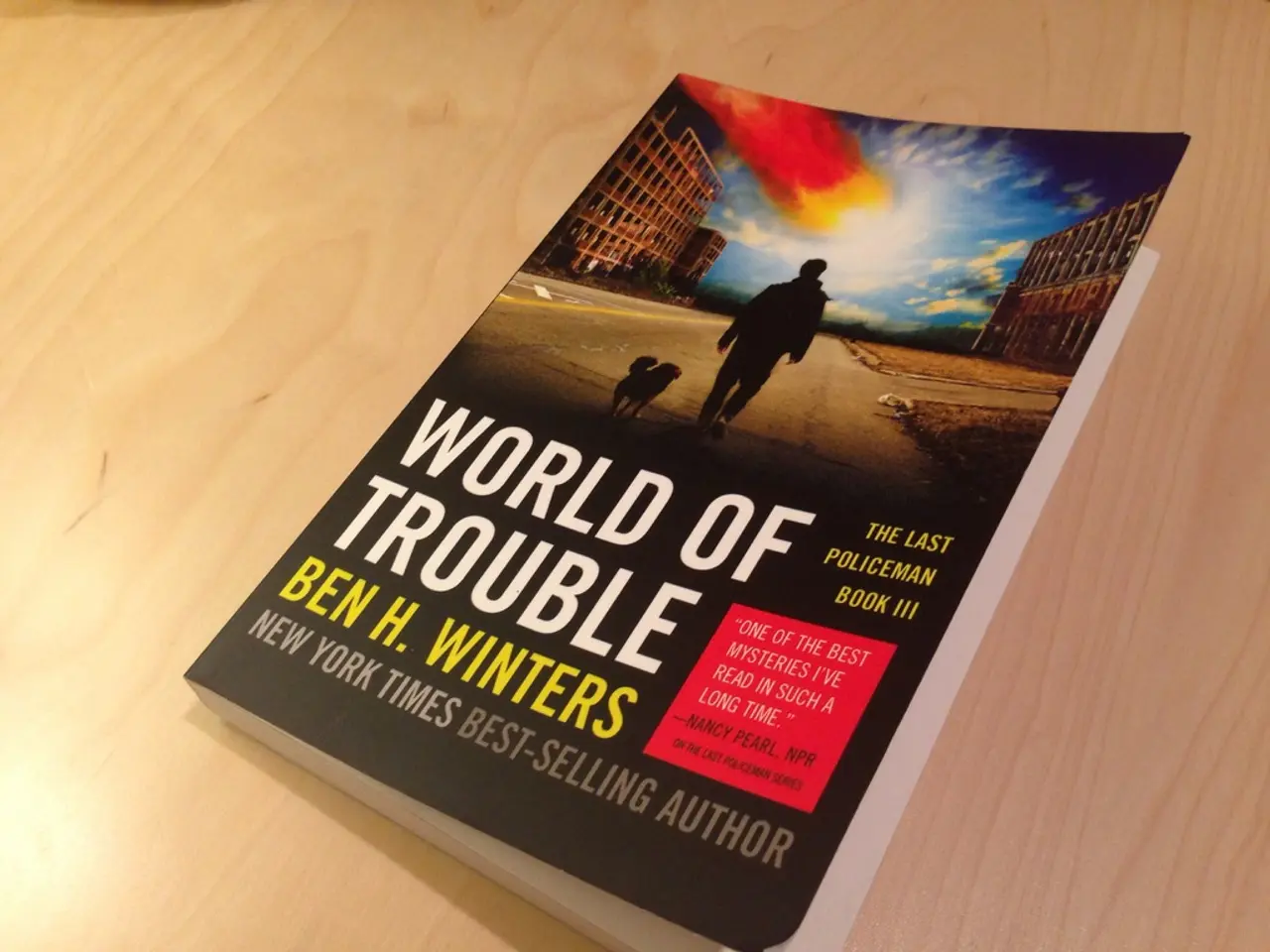Political Analysis: The Issue of Northern Ireland's Border and the Commission's Involvement
The Boundary Commission, established under Article 12 of the 1921 Anglo-Irish Treaty, aimed to address territorial disputes related to Northern Ireland after the European wars of independence. Intended to adjust the border between Northern Ireland and the Irish Free State, the Commission's primary objective was to reassess boundaries in accordance with the wishes of the inhabitants, while considering economic and geographic conditions.
However, the Commission's impact was limited, resulting in only minor territorial changes that were not implemented. This outcome left the border largely as originally drawn and institutionalized partition, reinforcing the Northern Ireland Question as a central and enduring political issue.
The Commission's legacy is marked by unfulfilled expectations and sustained divisions rather than resolution. High expectations among Irish nationalists were dashed when the Commission recommended only minor border adjustments, which were not implemented after a political agreement in 1925. The Ambiguous terms and procedural issues in the Treaty, combined with an unbalanced commission and political maneuvering, undermined Nationalist hopes.
The diverse responses to the Commission's recommendations underscored the deep-rooted divisions and conflicting interests at play. Unionist parties in Northern Ireland generally opposed any significant changes to the borders, citing historical and cultural ties as reasons for their resistance. The Commission's decisions continue to echo through time, exemplifying the intricacies of border disputes and their enduring impact on regions and communities.
Understanding the historical significance of the Boundary Commission is integral to comprehending the ongoing dynamics in Northern Ireland and the broader implications for peace and reconciliation efforts. The involvement of international observers signaled a commitment to upholding the rule of law and promoting peaceful conflict resolution mechanisms. They closely monitored the responses from all stakeholders, ensuring transparency and fairness in the delineation process.
The Commission's primary objective was to ease tensions and create a more stable environment in the region by delimiting the boundary to reflect the wishes of the inhabitants. The presence of international observers ensured impartial oversight and expertise, helping to mitigate biases and political influences. The Commission was a tripartite body comprising representatives from the UK, Ireland, and Northern Ireland.
The failure of the Boundary Commission contributed to enduring resentment among Irish nationalists and complicated the Northern Ireland Question by confirming the partition. As unionist leader James Craig called it "the root of all evil," the Commission is viewed historically as a missed opportunity that helped perpetuate conflict rather than resolve it.
In the broader historical context, the Commission reflects the complex interplay of geopolitical, economic, and ethnic factors in border disputes following nationalist movements and European wars of independence. Its legacy continues to shape discussions surrounding the Northern Ireland Question.
The Commission's decisions continue to shape socio-political dynamics and territorial disputes in the region. Enforcing changes as recommended by the Boundary Commission presented numerous challenges due to deeply ingrained societal divisions in Northern Ireland. The implementation of the Commission's recommendations faced various challenges, including navigating political resistance, logistical issues, and ensuring compliance with the Commission's decisions.
The current relevance of the Boundary Commission's decisions underscores the ongoing impact of its border delineations in Northern Ireland. The diverse responses to the Commission's recommendations underscored the deep-rooted divisions and conflicting interests at play. The Commission's objectives included assessing existing boundary lines, proposing adjustments, resolving longstanding disputes, and promoting peace, stability, and cooperation.
In conclusion, the Boundary Commission's impact was ultimately to institutionalize partition in a contested form and reinforce the Northern Ireland Question as a central and enduring political issue. Its legacy is both the sustained partition of Ireland and the deep-seated grievances that fueled later conflicts in the region. Understanding the historical significance of the Boundary Commission is crucial for appreciating the ongoing dynamics in Northern Ireland and the broader implications for peace and reconciliation efforts.
- The Boundary Commission, formed to reassess boundaries between Northern Ireland and the Irish Free State, resulted in unfulfilled expectations and sustained divisions, with the retained border exacerbating the Northern Ireland Question as a persistent political issue.
- Ongoing discussions surrounding the Northern Ireland Question are significantly influenced by the decisions made by the Boundary Commission, which continual impact is evident in the region's socio-political dynamics and territorial disputes.







